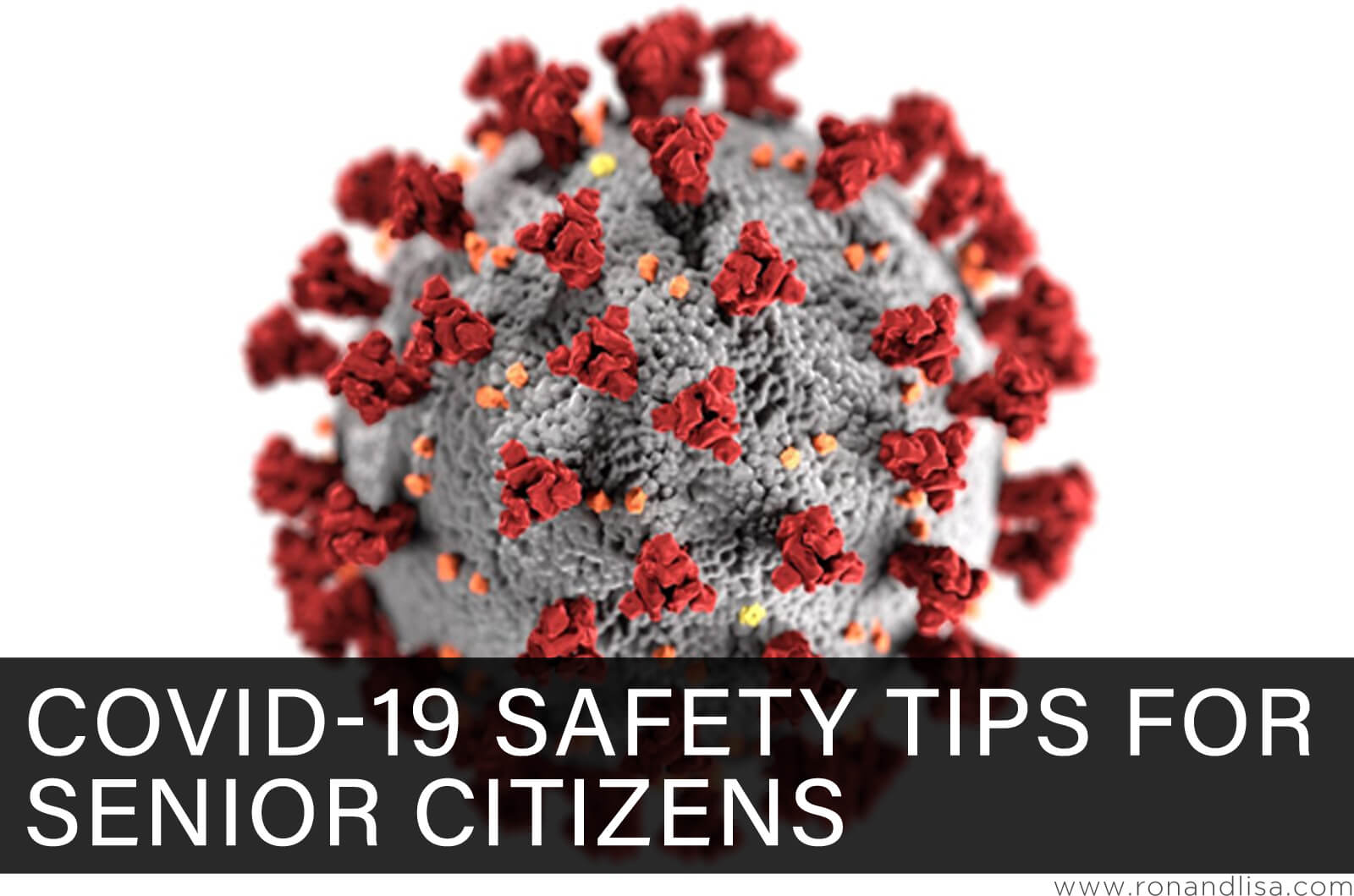
The COVID-19 pandemic can be a terrifying reality for each of us, but this virus affects one sector of the population more than others. Coronavirus is far more dangerous to elderly citizens when they contract it. In particular, nursing home residents have the highest risk of being infected by the current coronavirus.
As we age, our immune systems inevitably begin to weaken. This is why older folks are more susceptible to disease and tend to have more severe reactions to them. To add fuel to the corona-fire, COVID-19 is incredibly infectious. This requires being extra cautious if you are elderly to ensure that you don’t contract the virus.
To protect yourself, taking a few precautions will make a big difference. Here are four easy action steps for seniors to stay healthy during the novel coronavirus pandemic.
1. Create a Help Network
Prevention is key. A great place to start is by creating a help network of people you can trust and rely on. This means having people around you who can complete all the tasks that are now unsafe for you to do alone.
For example, grocery shopping is now a high-risk activity for senior citizens. Since the coronavirus is particularly dangerous for the elderly, simply going to the grocery store can be unsafe. Instead of risking one’s health, ask someone in your help network to grocery shop for you. Reach out to friends, neighbors, or family members for help whenever you’re in a pinch. This is particularly relevant for when you need a medical prescription.
You’re likely to run out of your prescriptions at some point soon, so you’ll need to obtain refills. Don’t risk this traveling by yourself. Rather, have someone in your help network pick up your supplies for you.
By creating and relying on a dependable help network, you’ll never have to worry about placing yourself directly in harm’s way of being exposed to the coronavirus.
2. Make a Plan to Stay Stocked
Craft a plan to stay stocked with food and supplies for several weeks. You should always keep enough food to last you for at least three weeks on hand to be safe. Stocking up on non-perishable items is your safest bet because these will last longer than fresh items like fruits and vegetables.
Before you make your grocery list, determine how much food you consume daily. Next, calculate what that looks like each week. Finally, multiply the amount of food by the number of weeks you wish to stock up on to make sure you have ample food to last for several weeks.
When stocked with essentials, you’ll be more self-sufficient and will, therefore, require time around other people, decreasing your risk of coming in contact with the virus and getting sick. Avoiding public spaces is key to staying healthy during this crucial period.
3. Isolate and Connect Digitally
Another important tip to prevent contracting COVID-19 is to isolate, yet connect with others digitally.
Staying home is your best option currently, but you don’t need to avoid social interaction altogether. Self-isolating can be very lonely, especially when it lasts for several months.
However, being alone does not mean that you can’t connect with your loved ones. You can engage in video chats and messaging to see the faces and hear the voices of your loved ones, which will bring joy, and bright light to your daily routine.
Social distancing and isolation are vital to protecting your physical health as an elderly person, but you should also pay attention to your mental health. Staying connected digitally can keep your spirits high and your heart full of hope.
4. Authoritative Advice

Lastly, follow instructions and advice offered by authoritative agencies such as the Center for Disease Control (CDC) or other trusted organizations by washing hands frequently and social distancing.
Because this coronavirus is novel, meaning that it is a new virus that hasn’t yet been researched, health officials don’t yet know how it will pan out. If the experts aren’t fully aware, proceed with caution from untrusted news sources and random people shelling out advice on the internet.
Those who possess the most educated response on the matter will be trusted immunology experts, virologists, and seasoned health practitioners and scientists. These people are spending countless hours researching the virus and are keen on methods to keep yourself safe from it.
Keep an eye out for regular updates from authoritative agencies. Discoveries are made every day, so it’s prudent to be ready to make changes should they be necessary and beneficial to your well-being. As always, building one’s immune system by getting ample rest, avoiding toxins in your home environment, implementing physical activity, eating a healthy diet with plenty of fruits and vegetables, taking the necessary supplements including vitamins C and D and getting fresh air and sunlight when possible, are essential.
Elderly citizens must be particularly cautious during the COVID-19 pandemic. This portion of the population as well as the immune-compromised have a much higher chance of experiencing the serious health complications associated with the virus.
While it may seem impossible to protect yourself, a few techniques will greatly lower your risk of becoming ill. These include creating a help network, making a plan to stay stocked for several weeks, isolating while connecting digitally, and following advice from trusted sources. Considering how dangerous coronavirus can be, there’s no reason to put your health in jeopardy. The elderly should remain at home as much as possible while relying on others to emerge through one of the most challenging health crises the world has ever faced.
Here are the 4 New Technologies to Make Your Home Senior-Safe


